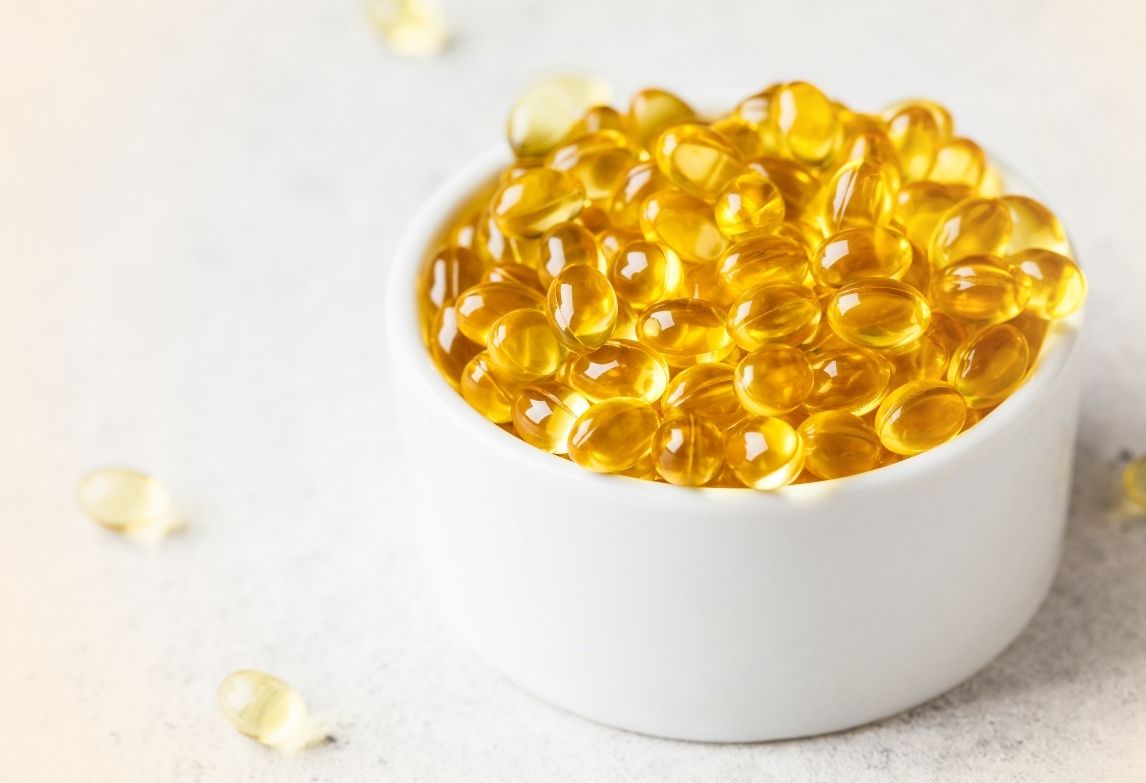In the modern world, the presence of widespread air pollution remains an ongoing source of toxic exposure leading to multiple detrimental health effects and diseases (1, 2).
With up to 7 million global deaths associated with air pollution per year, the most recent WHO guidelines suggest that there is no safe threshold where air pollutants may be considered acceptable (1).
As such, methods to externally reduce air pollution remains a key focus of organisations worldwide, whereas the most effective treatment strategies and medicinal compounds to oppose the harmful impacts of air pollution on the body remain an ongoing focus for health practitioners.
Omega 3s are well known for their anti-inflammatory, antioxidant and cell stabilising actions (3). Although traditionally known for supporting the cardiovascular system, ongoing research in recent decades has linked omega 3s to a wider range of benefits including eye, lung, skin, joint, and brain health.
In a recent study analysing the neuroprotective ability of omega 3s, 1315 participants had their brain structure and exposure to air pollutants analysed and compared, alongside their blood measurement of omega 3 levels (4).
It was found that ongoing fish consumption resulted in protective effects from air pollution, with reduced levels of neurodegeneration present in participants with high blood levels of omega-3s (4). Specifically, higher levels of omega 3s in the blood resulted in greater volumes of white matter, the hippocampus and multimodal association areas (frontal, parietal and temporal), compared to those with lower levels of Omega 3s (4).
As such, omega-3s are postulated to be a promising therapy for neuroprotection against airborne toxic chemical exposure.
Study: https://n.neurology.org/content/95/8/e995
References
- Air pollution. Who.int. 2020 [cited 7 September 2020]. Available from: https://www.who.int/health-topics/air-pollution#tab=tab_1
- Costa L, Cole T, Coburn J, Chang Y,Dao K and Roque P. Neurotoxicants Are in the Air: Convergence of Human, Animal, and In Vitro Studies on the Effects of Air Pollution on the Brain. Hindawi. 2014 [cited 1 September 2020]. Available from: https://www.hindawi.com/journals/bmri/2014/736385/
- Gammone M, Riccioni G, Parrinello G, D’Orazio N. Omega-3 Polyunsaturated Fatty Acids: Benefits and Endpoints in Sport. Nutrients [Internet]. 2018 [cited 1 September 2020; 11(1):46. Available from: https://www.ncbi.nlm.nih.gov/pmc/articles/PMC6357022
- Chen C, Xun P, Kaufman J, Hayden K, Espeland M, Whitsel E, Serre M, Vizuete W, Orchard T, Harris W, Wang X, Chui H, Chen J, He K. Erythrocyte omega-3 index, ambient fine particle exposure, and brain aging. AAN [Internet]. 2020 [cited 1 September 2020] 95(8). Available from: https://n.neurology.org/content/95/8/e995







Leave a Reply
Want to join the discussion?Feel free to contribute!